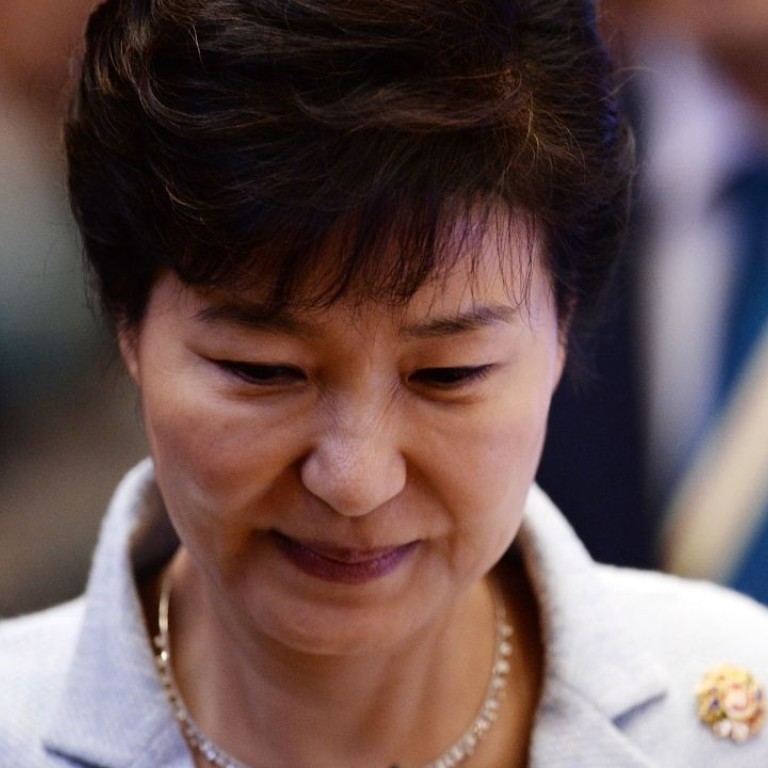
Park Geun-hye walks a fine line as talks between the two Koreas resume
Donald Kirk says the president’s handling of South Korea’s relations with the North is coming under both domestic and external pressure
South Korean President Park Geun-hye is pursuing a fight-talk strategy with North Korea. On Monday, South Korean gunners staged a live fire exercise in waters within hearing distance of North Korea’s southwestern coast. On Thursday, North and South Korean negotiators meet at Panmunjom, where the Korean war truce was signed in 1953.
Park provided political foes with a cause that’s sure to intensify in the run-up to the next presidential election
The contrast between military and diplomatic displays suggests Park’s uncertainty at a time of flagging popularity. Back from the Asia-Pacific Economic Cooperation forum in Manila and then the East Asia summit in Kuala Lumpur, Park talked tough about “iron-clad security” on the fifth anniversary of the North Korean shelling of a South Korean island in the Yellow Sea that killed four South Koreans. Clearly, however, she would like nothing better than for tensions to ease in the aftermath of the episode in August in which South and North Korean gunners fired across the line between the two Koreas. That near-crisis faded after South Korea cancelled loudspeaker broadcasts into the North and Pyongyang expressed “regret” for the explosion of mines that wounded two South Korean soldiers.
READ MORE: South troops on maximum alert as ‘war-ready’ North Korea’s deadline to end propaganda broadcasts draws near

READ MORE: China’s propaganda blitz hints at Beijing’s closer ties with North Korean ‘blood brother’
Park, under Korea’s democratic constitution, cannot seek a second term, but any candidate from her conservative party will bear the brunt of outrage over the government’s view of history. Conservatives also face rising protest over labour law reform that the country’s largest labour union opposes.
As her approval rating falls, Park cannot afford to offend China, seen as influencing if not pressuring North Korea to engage in dialogue. While the Philippines, Vietnam and Malaysia object to China’s claim to the South China Sea and construction of new facilities in the Spratlys and Paracel Islands, Park in her recent travels has had to refrain from supporting them. She cannot go beyond vague calls for “freedom of the seas” for fear of upsetting China, South Korea’s biggest trading partner. That’s a difficult line for South Korea, which is counting on its alliance with the US, to pursue while Park’s popularity flounders.
Donald Kirk is the author of three books and numerous articles on Korea

